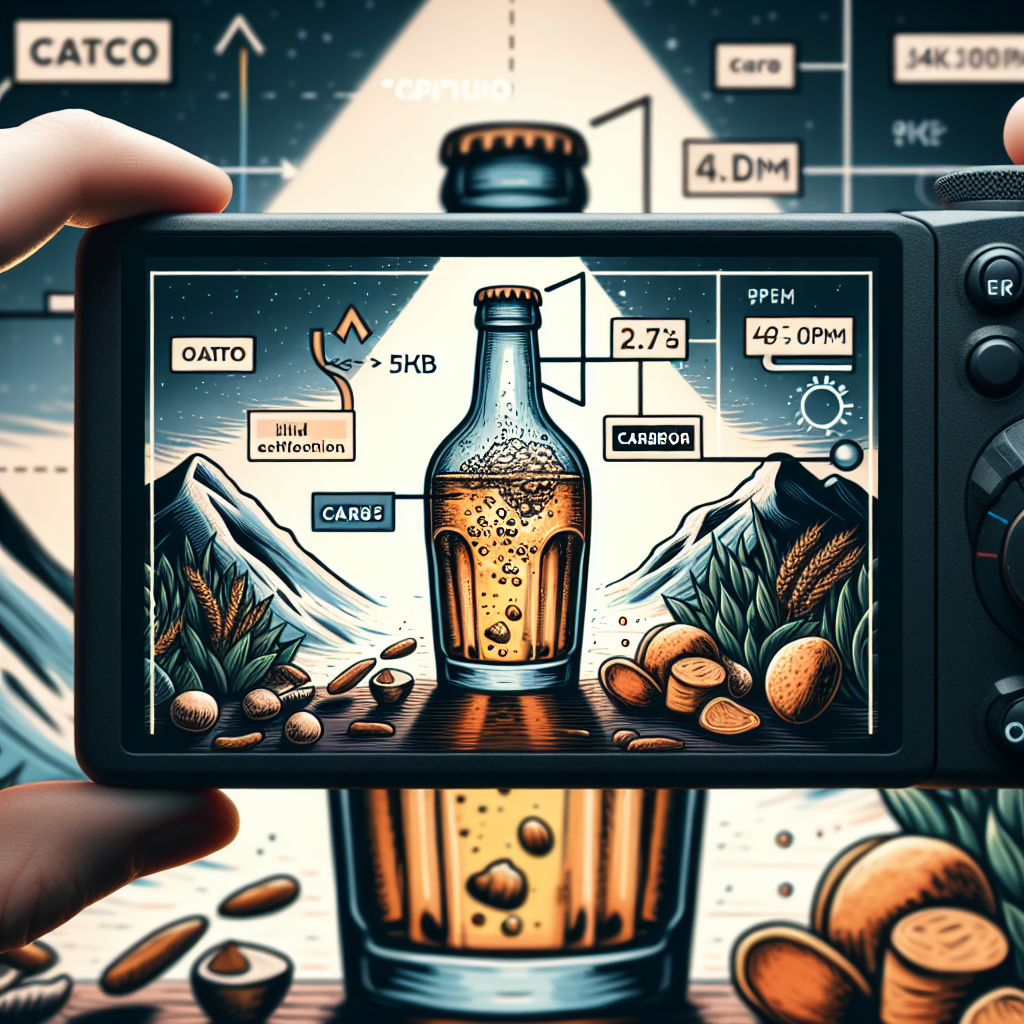
-
Table of Contents
How Alcohol Affects a Ketogenic Diet: Carbs-

The ketogenic diet, popularly known as the keto diet, has gained significant attention in recent years due to its potential benefits for weight loss, diabetes management, and even neurological disorders. However, one question that often arises is how alcohol fits into this low-carb, high-fat diet. This article will delve into the effects of alcohol on a ketogenic diet, focusing on its carbohydrate content and how it can impact your progress.
Understanding the Ketogenic Diet
The ketogenic diet is a low-carb, high-fat diet that aims to shift your body’s metabolism from burning glucose (sugar) for energy to burning ketones, which are compounds your body produces when it breaks down fat. This metabolic state, known as ketosis, can lead to rapid weight loss.
Typically, a ketogenic diet limits carbs to 20-50 grams per day, focusing instead on high-fat foods like meat, fish, eggs, cheese, and non-starchy vegetables. This drastic reduction in carbs can be challenging to maintain, especially when considering the hidden carbs in certain foods and drinks – including alcohol.
Alcohol and Its Carb Content
Alcohol is a broad category that includes various drinks, each with its unique nutritional profile. While some alcoholic beverages like vodka, gin, and whiskey contain zero carbs, others like beer and sweet wines can be high in carbs, which can disrupt ketosis.
For example, a standard 12-ounce beer can contain anywhere from 10 to 20 grams of carbs, while a 5-ounce serving of sweet dessert wine can contain up to 20 grams of carbs. On the other hand, a 1.5-ounce serving of distilled spirits like vodka, gin, or whiskey contains zero carbs.
How Alcohol Affects Ketosis
Even if you choose a low-carb or no-carb alcoholic beverage, it’s essential to understand that alcohol can still affect your body’s ability to maintain ketosis. This is because your body processes alcohol differently than other nutrients.
When you consume alcohol, your body prioritizes metabolizing it over other nutrients, including fat. This means that while your body is busy breaking down alcohol, it’s not burning fat or producing ketones, which can slow down your progress on the keto diet.
Alcohol’s Impact on Weight Loss
Aside from its potential impact on ketosis, alcohol can also affect your weight loss efforts on the keto diet in other ways. Firstly, alcohol is calorie-dense, with 7 calories per gram compared to 4 calories per gram for carbs and protein, and 9 calories per gram for fat.
Additionally, alcohol can stimulate appetite and reduce your inhibitions, making you more likely to overeat or make poor food choices. This can lead to an increase in calorie intake, which can hinder weight loss.
Choosing Keto-Friendly Alcoholic Beverages
If you choose to drink alcohol while on the keto diet, it’s crucial to choose low-carb or no-carb options. As mentioned earlier, distilled spirits like vodka, gin, and whiskey are carb-free. Dry wines and light beers are also lower in carbs than their sweeter or fuller-bodied counterparts.
However, it’s also important to consider the mixers you use. Many popular mixers like soda, juice, and tonic water are high in carbs. Opt for low-carb options like soda water, diet tonic water, or a squeeze of lemon or lime.
Conclusion
While it’s possible to include alcohol in a ketogenic diet, it’s important to be mindful of its potential effects on ketosis and weight loss. Choosing low-carb or no-carb alcoholic beverages and mixers can help maintain your carb intake within the limits of the keto diet. However, remember that alcohol can still slow down fat burning and stimulate appetite, which can hinder your progress. As with any diet, moderation is key.